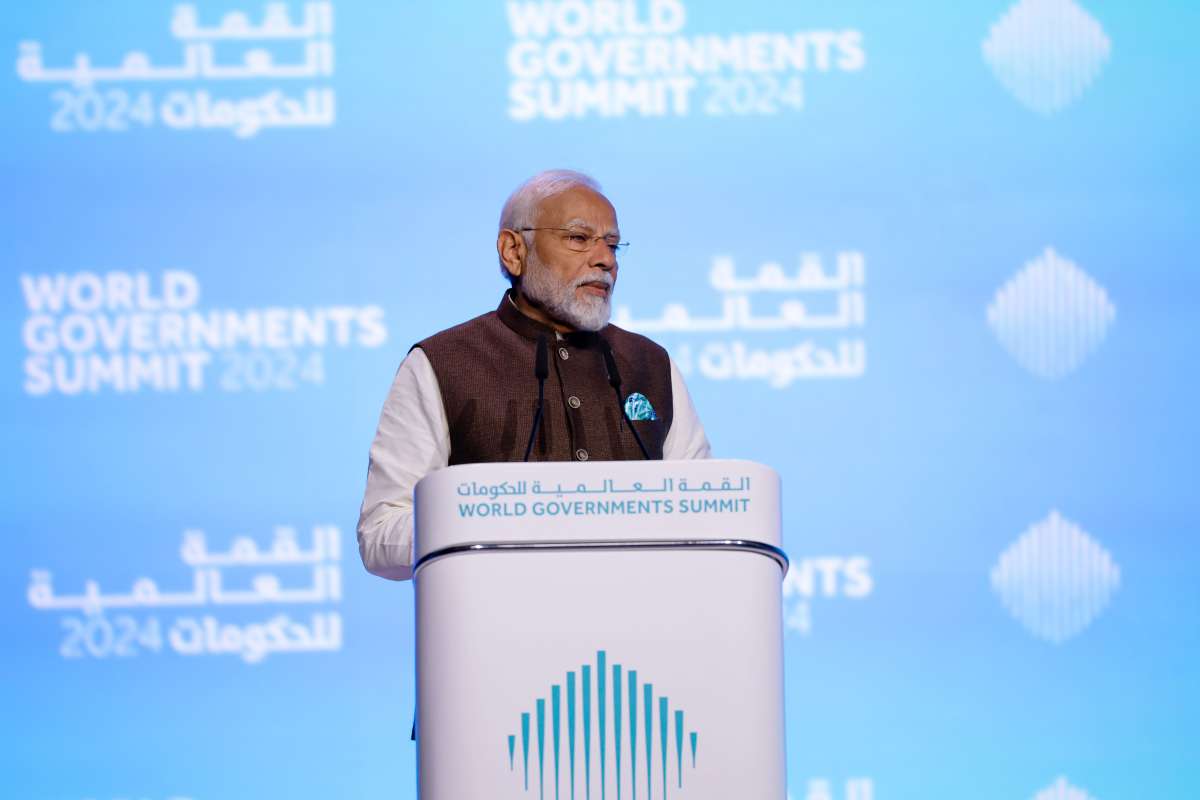The Senate’s bipartisan support for the aid package defied expectations, particularly in light of former President Donald Trump’s criticism regarding border security funding…reports Asian Lite News
The approval of a $95 billion foreign aid package by the US Senate signals a significant development after months of political turbulence. While Senate Democrats overwhelmingly supported the bill, it faced considerable opposition from Republicans, reflecting the deep partisan divide within Congress. Despite initial resistance, the package secured passage with a vote of 70 to 29 in favour, demonstrating a degree of bipartisan consensus on key international issues.
Central to the aid package is the allocation of $60 billion for Ukraine, a pivotal move in the ongoing conflict with Russia. This substantial funding underscores America’s commitment to supporting Ukraine’s sovereignty and countering Russian aggression. Additionally, the package earmarks $14 billion to aid Israel in its conflict against Hamas, reflecting longstanding US support for its Middle Eastern ally. Furthermore, $10 billion is designated for humanitarian assistance in conflict zones, including Gaza, highlighting America’s humanitarian efforts in addressing global crises.
The Senate’s bipartisan support for the aid package defied expectations, particularly in light of former President Donald Trump’s criticism regarding border security funding. President Joe Biden, in a resolute statement from the White House, emphasized the geopolitical significance of supporting the bill, framing it as a measure to counter Russian influence. Biden’s call to action urged House Republicans to prioritize national interests over partisan politics, emphasizing the historical implications of the decision.
Republican Senate Minority Leader Mitch McConnell echoed Biden’s sentiment, emphasizing the importance of American leadership and strength in the face of global challenges. However, challenges persist in the House, where Speaker Mike Johnson hinted at potential obstacles to passing the bill without additional provisions addressing domestic concerns, particularly regarding border security.
Despite the bipartisan support in the Senate, the aid package continues to face scrutiny from both ends of the political spectrum. Some conservative Republicans, including Senator Rand Paul, have voiced concerns about allocating significant funds overseas without addressing pressing domestic issues first. Similarly, left-wing lawmakers such as Senator Bernie Sanders have expressed reservations about supporting Israel’s military actions in Gaza.
The aid package’s journey through Congress reflects the complexities of American foreign policy and the delicate balance between international obligations and domestic priorities. While the Senate’s approval marks a significant step forward, the bill’s fate in the House remains uncertain.
ALSO READ-‘India-UAE ties a model of sustainable development’














